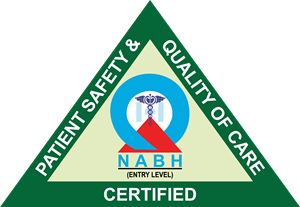The stress test is also known as the Exercise test or treadmill test. Many times heart patients have normal ECG. This is because the ECGs are taken at rest when the heart is beating at its lowest rate. Many people feel pain in the chest only during some activities such as walking, running and climbing. When a person performs any activity, the rate of heartbeats increases. Hence the exercise stress test (TMT) is more suitable than a normal ECG test to detect the exact heart problems.
The stress test is used to measure the ability of the heart to work under the pressure. In a stress test, the doctor asks the patient to walk on the treadmill. The Electrocardiogram (ECG) machine is attached to the patient. When a patient starts an exercise such as walking or running on a treadmill, the doctor continuously monitors the heart rate and ECG.


